The Flying Dutchman (Melbourne Opera) ★★★1/2
It is easy to overlook – this side of The Ring and Tristan und Isolde – quite how radical Wagner’s first distinctly Wagnerian opera, The Flying Dutchman, really was. Written in Paris, where grand opera was utterly dominant, the opera broke with the form, style, and subject matter of grand opera and introduced Wagner’s own concepts.
In 1839 Wagner had gone to Paris, the nineteenth-century ‘capital of Europe’, to make his fortune. Rienzi, the opera before the Dutchman, explicitly set out to be the grandest of grand operas – Hans von Bülow cruelly called it Meyerbeer’s best opera – but with The Flying Dutchman, he set out on his own course. Later, he wrote that his true career as an artist dated from the time he stopped working from the head and put his trust in his intuitions, and that this happened for the first time with Dutchman.
 Darren Jeffery as the Dutchman and Lee Abrahmsen as Senta (photograph by Robin Halls)
Darren Jeffery as the Dutchman and Lee Abrahmsen as Senta (photograph by Robin Halls)
It was the most penurious time of Wagner’s life. He had to leave Paris to write Dutchman; when he returned he could hardly leave his house because his shoes had almost no soles left. Meyerbeer introduced him to the new director of the Paris Opera, who gave him five hundred francs for the synopsis of a one-act version of Dutchman, but then assigned the opera to another composer (Le Vaisseau Fantôme by Pierre-Louis Dietsch). Wagner resolved to make it a full-length opera, and, with a double intervention on his behalf by Meyerbeer, it was taken up by the Berlin Hofoper. Meanwhile, in October 1842, Rienzi had a successful première at the Dresden Opera, which then acquired Dutchman and gave it four performances, conducted by Wagner, in January 1843.
The character of the Dutchman, Wagner wrote, was a blend of the spirit of the folk, Ulysses, and the Wandering Jew. After blaspheming in an attempt to round the Cape of Good Hope, he is condemned by the Devil to do battle with the unresting waves for eternity. He yearns for death, which redemption he may gain only through a woman who sacrifices herself for him.
This woman, Senta (first called Minna, after Wagner’s first wife), is no longer the home-tending Penelope of Ulysses but the quintessence of womankind – the woman of the future, Wagner said. ‘This was the Flying Dutchman who arose so often from the swamps and billows of my life and drew me to him with such resistless might; this was the first folk-poem that forced its way into my heart, and called on me as man and artist to convey its meaning and mould it as a work of art. From here begins my career as poet and my farewell to the mere concocter of opera texts.’
 Lee Abrahmsen as Senta with Melbourne Opera Chorus (photography by Robin Halls)
Lee Abrahmsen as Senta with Melbourne Opera Chorus (photography by Robin Halls)
Interestingly, unlike Tannhauser, Lohengrin, and Tristan und Isolde, neither protagonist shows any affection for the other – their only ambition is to die together.
Suzanne Chaundy, director of Melbourne Opera’s fine new production, understands this psychological drama. The pair embrace only once, after a build-up of tension. Chaundy lets the drama unfold sympathetically and without exaggeration throughout.
Melbourne Opera did a superb Tristan und Isolde in 2018, and this Dutchman falls only a little short. Under noted Wagnerian conductor Anthony Negus, the augmented Melbourne Opera Orchestra produces precision and momentum without quite the freedom and dramatic impact of the Tristan.
Conductor Christian Thielemann has noted that the Dutchman orchestra is the smallest of the ten true Wagnerian operas, but by far the loudest. Not so here: it is the magnificent chorus that produces tremendous volume and conviction. The ghost chorus, usually pre-recorded and played off-stage, is sung live in the most anarchic scene of the opera.
The production also enjoys really fine singers in every role, from the rich tenor of Michael Lapina as the Steersman and the always engaging Mary of mezzo Roxane Hislop to the main roles – bass-baritone Darren Jeffery as the Dutchman, Lee Abrahmsen as Senta, bass Steven Gallop as Daland, and tenor Rosario La Spina as Eric.
 Darren Jeffery as The Dutchman and Steven Gallop as Daland (photograph by Robin Halls)
Darren Jeffery as The Dutchman and Steven Gallop as Daland (photograph by Robin Halls)
Abrahmsen, who just seems to get better and better, is thrilling. She produces a huge sound with no loss of sweetness, delicacy, or control, and she never sounds forced. The equally reliable Gallop, a big bass who can also act, is an entertainingly avaricious Daland, and it is a luxury to cast Rosario La Spina as the desperate Eric. As for the Dutchman, Darren Jeffery is marvellous in the great first act monologue, Die Frist ist um, and is sinister yet melancholy throughout, but on opening night, at times, seemed underpowered.
Andrew Bailey’s revolving set (sometimes ship, sometimes village), combined with a cloth backdrop, is fluid and effective, while Rob Sowinski’s lighting is dramatic and imaginative, making an essential contribution.
With so many people on stage so often, the chorus often moves with noticeably exaggerated care. The only flaw is the surtitles, which are so small and so dim that I usually couldn’t read them, despite being about only a quarter of the way back from the front row.
The Flying Dutchman, performed by Melbourne Opera at the Regent Theatre, Melbourne, continues on February 5 and 7, 2019. Performance attended: February 3.
ABR Arts is generously supported by The Copyright Agency's Cultural Fund and the ABR Patrons.


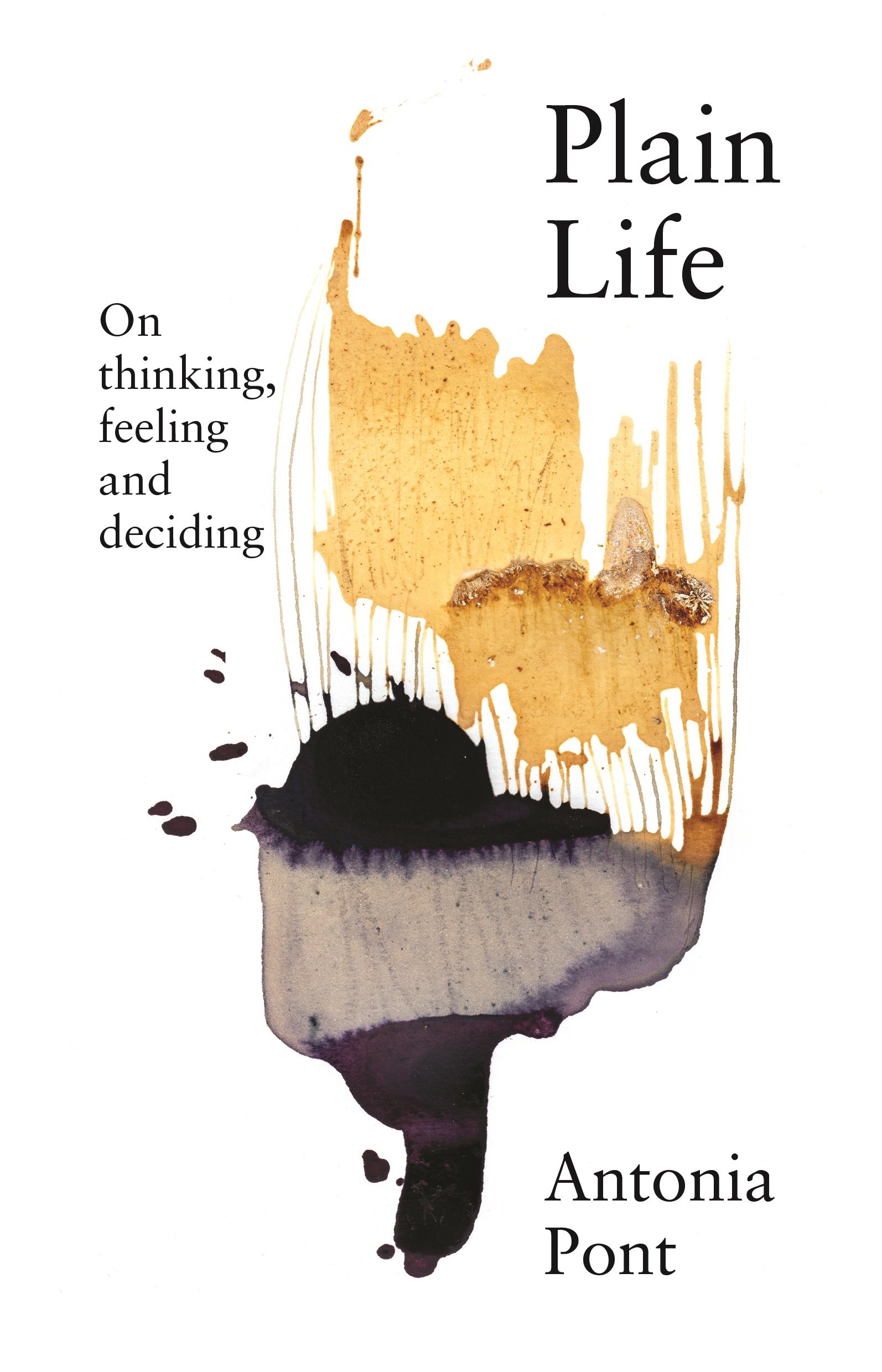
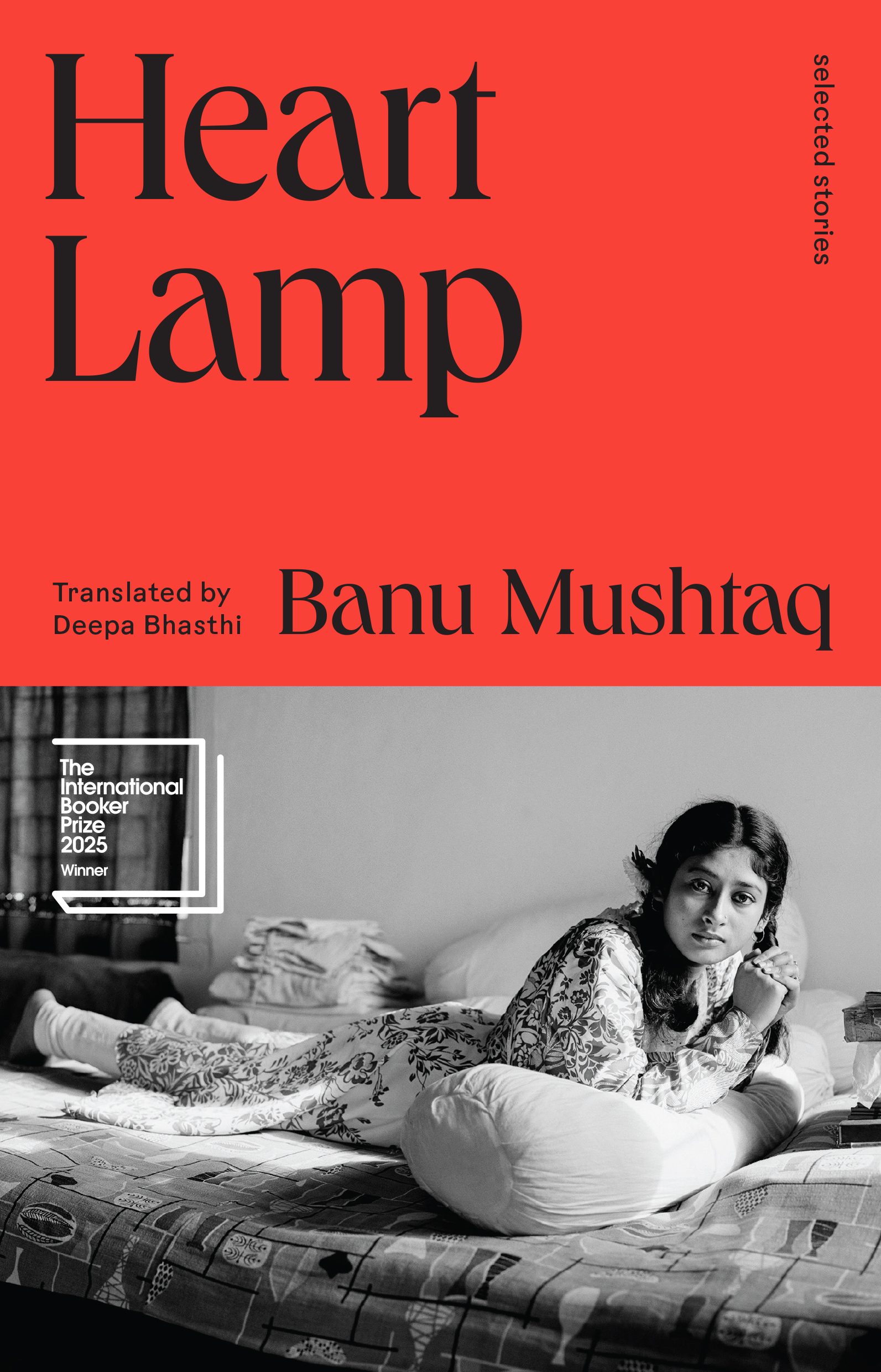
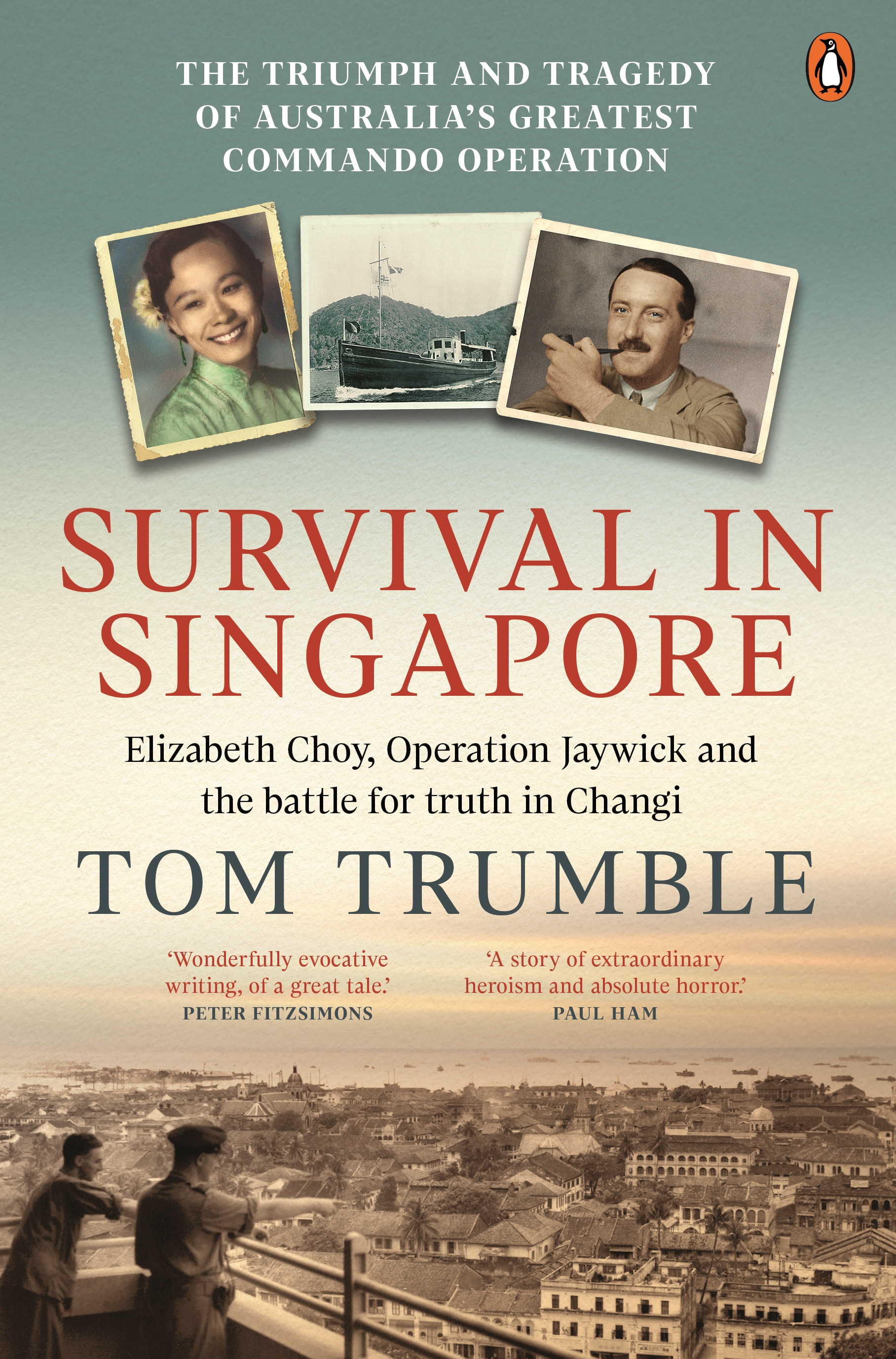
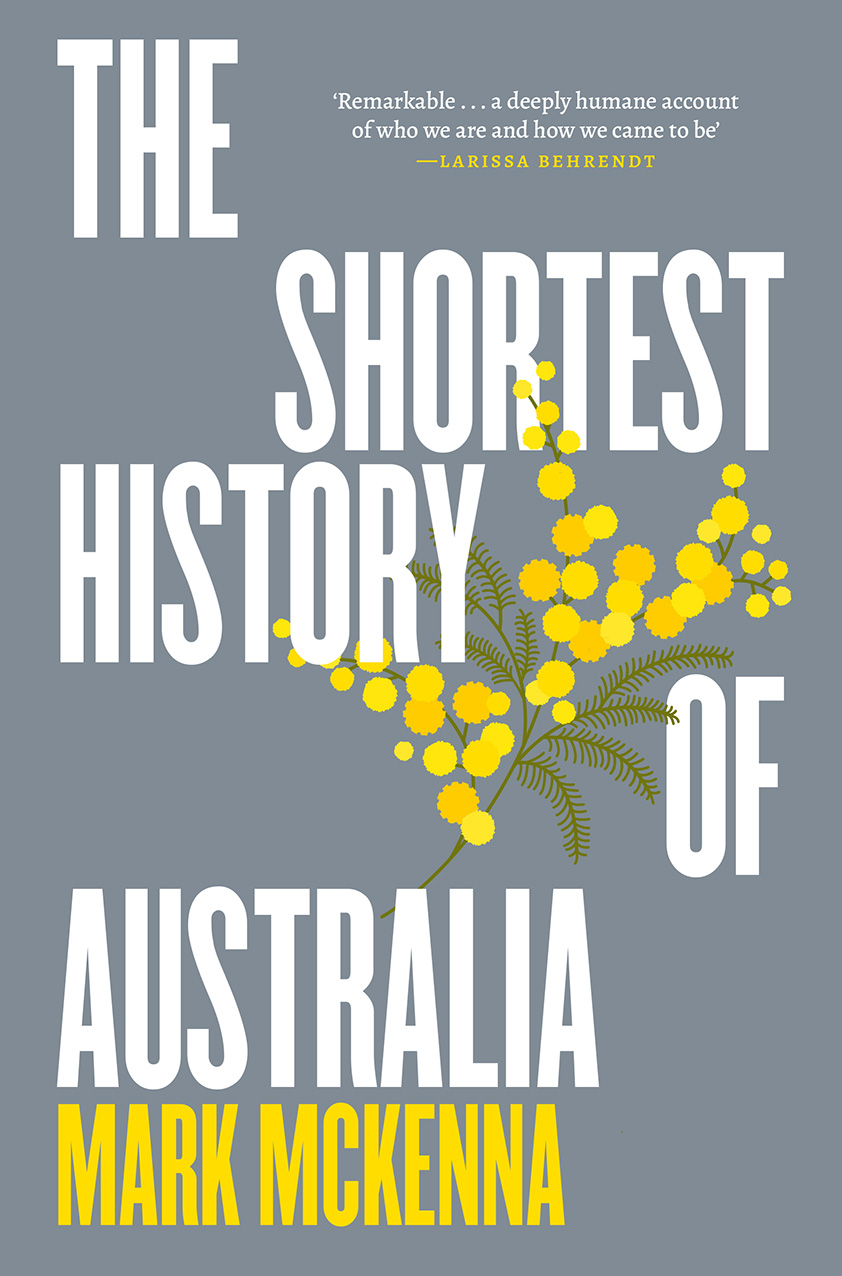

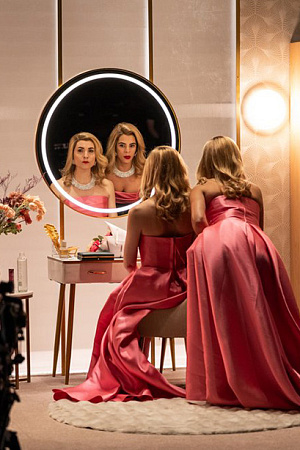
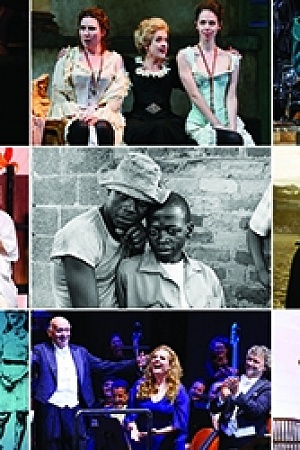

Leave a comment
If you are an ABR subscriber, you will need to sign in to post a comment.
If you have forgotten your sign in details, or if you receive an error message when trying to submit your comment, please email your comment (and the name of the article to which it relates) to ABR Comments. We will review your comment and, subject to approval, we will post it under your name.
Please note that all comments must be approved by ABR and comply with our Terms & Conditions.